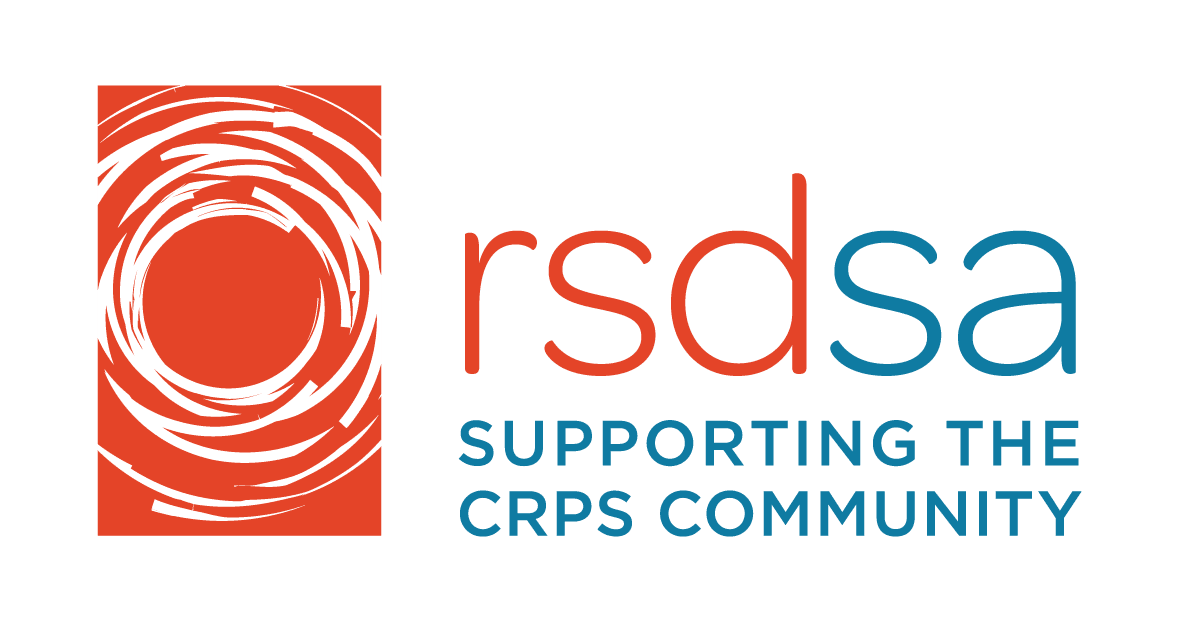Remarks by Sheryl Selena via the 2022 CRPS Awareness Month Awareness Resolution Passing in the Town of Brookhaven, NY
This past year, has been a very difficult one for me. I have been in undated with new symptoms and co-morbidities. Medical appointments and needed rest have occupied much of my time. As such, I have borrowed much of what I am going to speak about today from the internet.
CRPS is a rare disease, and patients are known as zebras thanks to Nobel Prize Nominee, Theodore E. Woodward and renowned University of Maryland, Baltimore researcher in the field of Medicine who is credited with the phrase, “When you hear hoof beats behind you, don’t expect to see a zebra.” This causes most medical providers to look for a common diagnosis for the symptoms they are given instead of the possibility of it being a rare case. That thought process can delay treatments.
We are also known as spoonies. Spoon Theory was coined by Christine Miserandino to describe how she felt having Lupus. It has been adopted by those of us with other chronic illnesses. The Idea behind this theory is that we all wake up with a certain amount of energy, represented by spoons. A person with chronic illness usually wakes up with less spoons. Some days you may have more spoons if you wake up on a good day. Each activity you do during the day requires a spoon to complete. A healthy person may only require one spoon to shower. The healthy person may even gain a spoon if the shower revitalizes them. A spoonie may lose two or more spoons by that same shower. Spoon theory shows how we must pace our days and prioritize what is most important to complete each day before we run out of our spoons for the day.
There is a meme that makes its way around the internet from time to time which more or less sums things up. It says, I’m not a morning person or a night owl. I’m some form of permanently exhausted pigeon.
As CRPS patients, we recognize Rare Disease Awareness in February and August, Neuropathy Awareness in May, Chronic Disease Awareness in July, Chronic Pain Awareness in September, Dysautonomia and Invisible Disabilities Awareness in October, and in November we recognize Color The World Orange Day and CRPS Awareness.
All of this awareness is terribly important, because it enables some of us to go into remission if treatment is started early. Some of us are still able to work with proper continued care, and some of us have had to become professional patients. We spend hours on the phone trying to coordinate care and seeing countless specialists, because, as I have said in years past, CRPS can spread.
While CRPS is a huge part of us we are still not just our diseases. We are strong. We are fighters. We are warriors. We have to be just to wake up and battle this disease every day. We have to be to raise awareness through large walks and conferences in person and online from our homes, beds, and wheelchairs, and even on a cot in front of Congress in Washington DC. We have to be to reach out to our elected officials all year long. We have to be to be here to thank you and the CRPS community for your support.
I’m going to leave you today with a quote from Leo Tolstoy. “If you feel pain, you’re alive. If you feel other people’s pain, you’re a human being.”
Be well, and stay human. Thank you.
Please consider making a donation to RSDSA today!
